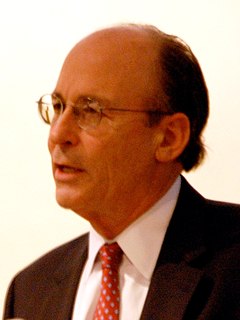Top 60 Quotes & Sayings by Tracy Kidder
Explore popular quotes and sayings by an American author Tracy Kidder.
Last updated on November 21, 2024.
And I can imagine Farmer saying he doesn't care if no one else is willing to follow their example. He's still going to make these hikes, he'd insist, because if you say that seven hours is too long to walk for two families of patients, you're saying that their lives matter less than some others', and the idea that some lives matter less is the root of all that's wrong with the world.
Most teachers have little control over school policy or curriculum or choice of texts or special placement of students, but most have a great deal of autonomy inside the classroom. To a degree shared by only a few other occupations, such as police work, public education rests precariously on the skill and virtue of the people at the bottom of the institutional pyramid.
How could a just God permit great misery? The Haitian peasants answered with a proverb: "Bondye konn bay, men li pa konn separe," in literal translation, "God gives but doesn't share." This meant... God gives us humans everything we need to flourish, but he's not the one who's supposed to divvy up the loot. That charge was laid upon us.



















